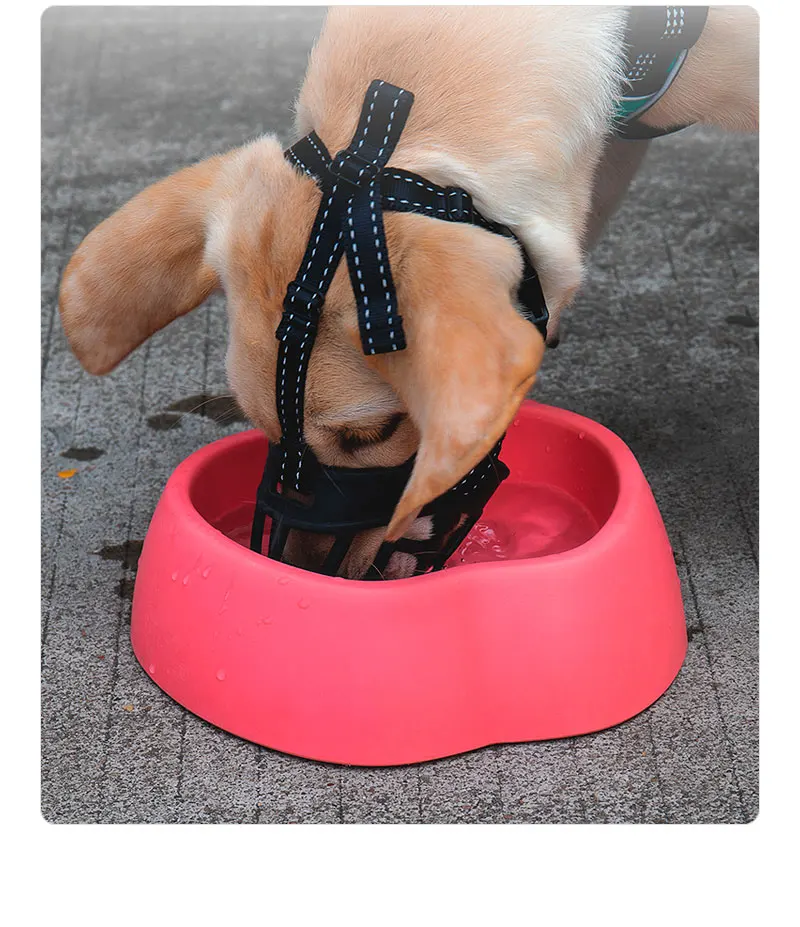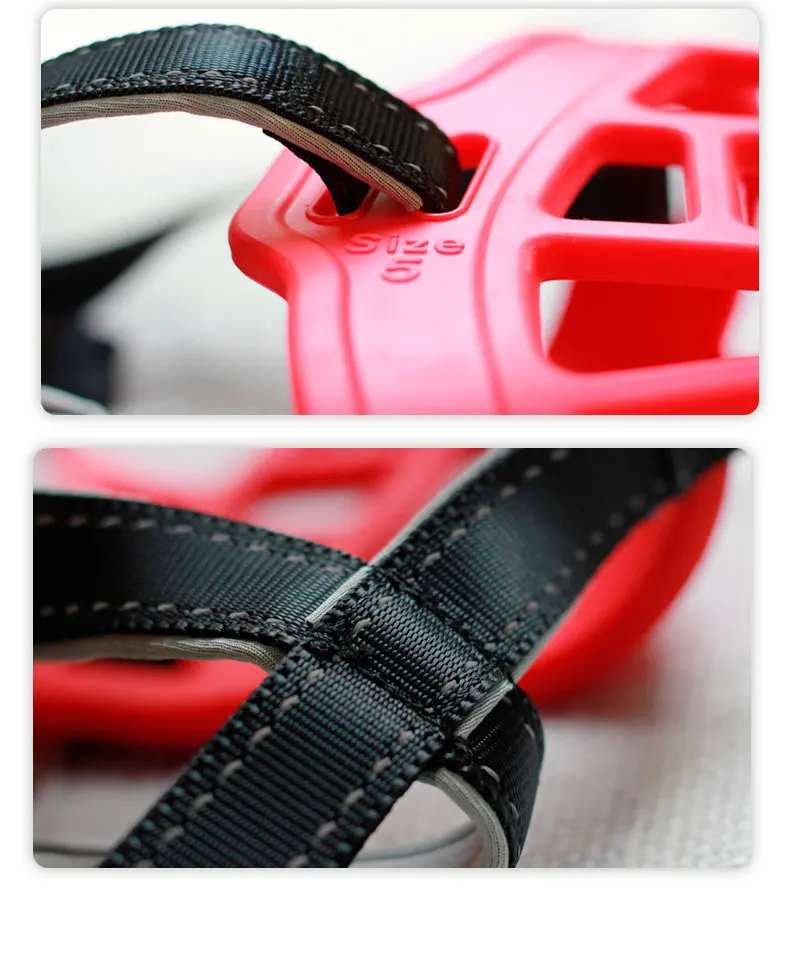





Relevant content
The Commonsense of the dog diet
by https://thegoodsforpets.com/
Many dog owners are at loggerheads with their pets regarding what they should feed them. And the reasons may be surprising to many, including vets and seasoned pet owners, because nothing is surprising about it - it is all in the name of money.
Years back, the general belief was that dogs thrive well on meat; hence, most doggie food brands were made mainly from ground-up animal parts like chicken or beef bones, beaks, intestines, and other organs. However, the industry has since evolved into an intensive market for commercial foods with elaborate labels promising complete nutrition through complex recipes which contain barely discernible components like fish oil and linseed. In contrast, some have exotic names such as hypo-allergenic glucosamine.
In the past, some pet owners have even gone to extremes of feeding their animals with ordinary food from the table, thus exposing them to a new world of health complications. Human foods like chocolate, grapes, and onions are poisonous to dogs, while others like milk and bones can cause constipation or diarrhea, respectively.
However, upon seeing these food labels, most people will find themselves scratching their heads, wondering if they should be feeding their pets. Because what dog owners need is to feed their pets simple home-cooked meals that still provide adequate nutrition for healthy growth.
While it may take time for your household puppy's digestive system to adjust after changing its diet, you must understand that there is nothing wrong with giving them homemade doggie food. Because all you need is to add some freshly cooked meats with a few boiled vegetables, your pet will be eating healthy in no time.
In the same way, when it comes to what dogs should eat, experts say that if you feel like giving your pets processed food, do so in moderation and only in times of scarcity or hunger.
What my dog can and can't eat?
Dog food is formulated from the optimal nutritional balance for dogs' needs, different from human beings. In addition, many of the following foods may contain dangerous substances such as trans-fats, salt, or too much fat, which could damage your pet's health in the long run. The same goes for table scraps that may include ingredients that are not good for pets to eat, even if they're people's food.
1) Bread
Is bread healthy for dogs? Bread contains carbohydrates - a significant source of energy and a lot of starch and can have added sugar or yeast, which is bad news for dogs. While it varies from type to type, most types of bread turn into sugar once they are digested, just the same way as your body does. If you want to give your dog some bread, it should be of the whole-grain type with no added sugar.
Wheat bread is not a good choice for dogs because it can contain gluten, making their coats dry and flaky. In addition, dogs don't have the enzymes required to digest wheat properly, so feeding them with too much wheat can cause stomach problems due to all the gas produced in their digestive system. The same goes for rye or oat bread.
Bread is fine in small amounts if your pet eats a balanced diet; otherwise, reduce the intake of carbohydrates coming from grains completely and try substituting them with vegetables instead.
2) Onions and garlic
Onion and garlic poisoning are some of the most common dog poisoning cases. It's so widespread that some consider it a myth, but we know better than to take risks with our dogs. Onions and garlic are harmful to dogs because of their thiosulfate content. They release sulfoxides when digested by your pet. It leads to hemolytic anemia, which results in red blood cells dying prematurely, thus reducing the number of healthy red blood cells circulating throughout your dog's body.
Reduce or eliminate from your pet's diet any food containing onion or garlic: -chives, leeks, scallions, Chinese chives, garlic, onion
3) Macadamia nuts and walnuts
Macadamia nuts and walnuts are very harmful to dogs because they contain a toxin known as macadamia glycines when raw or unprocessed. Once digested by your pet, it leads to the formation of thiaminases that destroy vitamin B in its absorption, thus leading to a severe deficiency.
Baking macadamias and walnuts are not enough to remove the toxins in them - you need to boil them in water for at least 3-4 hours. After that, you should discard the water and then dry them in the oven at a low temperature (100/212). The next step would be to bake them again in an oven at the same temperature, which should be enough to kill any bacteria or germs.
4) Alcohol
Alcoholic beverages are not good for dogs because they contain ethanol, acting as poison in their metabolism. Ethanol causes acute intoxication when ingested by animals. You can notice it due to low coordination, dehydration, vomiting, diarrhea (sometimes with blood), depression, tremors, and it may also cause seizures or, even worse - coma. Symptoms usually occur within 30 minutes after ingestion, but in some cases, they may be delayed for several hours until your pup gets back to normal.
If you want to give something alcoholic to your dog, make sure you use non-alcohol wine instead of any regular type of wine - it's fermented from grapes but contains less alcohol. In addition, dogs can't metabolize alcohol as well as people do, so they will have a hard time if you give them even a small amount of wine or any other type of alcoholic drink.
How do I know if my dog ate something bad?
FIRST THINGS TO LOOK OUT FOR: If your dog has been outside and comes back vomiting, the most probable cause of this is because they ate something they shouldn't have. This would be a better case scenario because it means that only a small amount entered their body and will mostly leave even before you can get them to a vet.
A second possibility: if your dog has not been outside and instead starts vomiting without any prior notice, this could also be due to poisoning or ingestion of another substance. Depending on the time, you may need to call the emergency vet, but first, check if any obvious objects around might have made your dog sick. If you suspect anything was ingested, always take the animal with you when calling for help.
What to do when my dog eats?
The first thing you should do is to look at the dog's mouth and note how much of the object or substance that was ingested is visible. This information will be important for your veterinarian as they will need to figure out what action needs to be taken. If the amount of foreign material seen in the dog's mouth is significant, such as an entire sock or toy, it would suggest that surgery may well be needed. In this case, your best bet would be to call your vet right away and ask them to meet you there.
If no objects are noticeable and all other vital signs (breathing, heart rate) seem normal, then, generally speaking, keep an eye on the dog. If the dog appears to be in no discomfort, then there may not be a need for any treatment at all, and it is fine to monitor the situation.
However, if your pet shows signs of choking or difficulty breathing, vomiting, or diarrhea, then you should call your vet and ask them what they would like you to do before they get there. If possible, try and determine what kind of material has been ingested and bring this with you so your vet can help assess the situation more fully when they arrive.
If eating habits have changed dramatically, such as refusing food or becoming lethargic for several days in a row, again, take your pup along to see their veterinarian. This is because dogs swallow many GI foreign bodies with no difficulty or negative reaction. The only way to determine if there is a problem, which will require treatment, is to have your dog examined.
How quickly you seek veterinary attention for your dog if they've eaten something toxic or harmful depends on the substance that has been ingested. However, generally speaking, signs that would warrant an emergency visit would be vomiting bile (which would suggest that there was damage done to internal organs), seizures, collapse, and breathing difficulties.
It is also important to note that some organic materials can obstruct the bowels even without having eaten them whole! For example, raisins are highly likely to cause serious problems for certain breeds as they can swell several times their

















